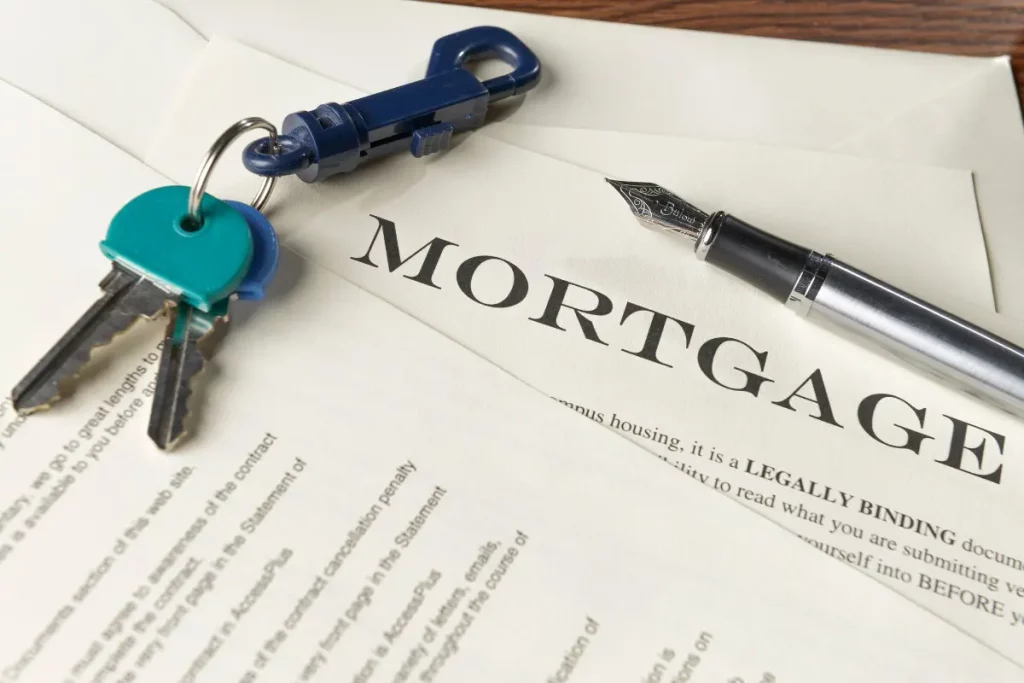In my experience, no-one is an expert at everything. Certainly not in property. That’s why I always advise people to find a team of trusted professionals for their renovations.
When it comes to a specialist job like micro-apartment conversions, it’s even more important to line up people you can count on – and not just for the actual build. You need to find your offsite A-team before you even have a set of plans drawn up.
1. The Agent
Your real estate agent is probably the most important person in your team – everything good flows from securing the right property at the right price, including best return on your investment property.
As I told Adrian Franklin in Ticker HOME episode 13, there are particular agents that I’ll buy from and particular agents that I’ll sell with. I don’t usually buy from the best-selling agents because they’re too good at what they do (which means I’m probably not going to get the best deal).
You can also employ a buyer’s agent or buyer’s advocate who will act on your behalf and find properties for you. Now to me, a buyer’s agent has an inherent conflict of interest. The temptation for them is just to go out and find you any half-suitable property so they can make a quick buck. And you’ll buy it because you’re trusting in what they’re doing on your behalf. (Also, as the ABC points out, they can be expensive.)

If you are going to use a buyer’s agent or buyer’s advocate, make sure they understand your growth strategy and have an eye for manufactured growth. That ensures they’ll be looking for the right property versus just any property.
Now full disclosure – we have our own buyer’s agency, INVIDA, BUT we take our responsibility there very seriously. We know that we have to deliver a minimum return on clients’ investment properties, and come up with the right floor plan for the co-living micro-apartment strategy that we specialise in.
Turning your seller’s agent into a buyer’s agent
I have an idea I want to share here, bear with me. So… selling agents act on behalf of vendors. What I do is turn my seller’s agents into buyer’s agents. And you can too.
I start by researching a list of agents in an area that I’m looking at purchasing in. I call them and email them every week or fortnight with my brief – my golden goose or my unicorn. Which goes something like:
“I want a corner block that’s 800m2, that can be sub-divided, with special zoning so that I can get a duplex on each block or equivalent.”
Now, when you start contacting those selling agents and they don’t have that unicorn or golden goose on their books, they will go out and they’ll look at a map and they’ll start door knocking on your behalf to get a client so that they can sell you that property. Sometimes they’ll find you properties that aren’t even on the market yet.
When that client sells the property to you, you’re not paying that selling agent, the owner is. So effectively, you’ve got a buyer’s agent for free. And that strategy alone has got me into multi-million-dollar deals in properties all over the country for 30 years.


2. The Lawyer
A lot of people use conveyancers for their property transactions. Full respect to the skill of conveyancers, but a conveyancer is not a lawyer. They don’t understand how putting a ‘with’, a ‘but’ or an ‘if’ inside a contract clause can change its meaning completely.
A good lawyer will help you with buying contracts, with selling contracts, with structure set ups. They’ll give you advice on building contracts. Lawyers can save you thousands of dollars, even hundreds of thousands, by stopping you from blundering down the wrong path.
Some people try and save money on lawyers. My response to that? If you want to find out how expensive an expensive lawyer is, then go and find a cheap one and see what it costs you in the future. (Clue: it’s not good ROIP… return on investment property.)
SCROLL DOWN to find out why self-managed super funds can be an important part of your wealth plan.


3. The Mortgage Broker
There are so many lenders on the market now, from your traditional banks to your challenger banks and non-bank lenders. All of them are competing for your mortgage dollars.
That’s where mortgage brokers play a critical role. With their intimate understanding of your finances and your serviceability, they’re actually the closest thing you have to a business partner on your property journey. A good broker is vital to not just one deal, but the entire property portfolio, and they’re often a severely underutilized part of the A-team.
But you have to choose a good one. Not all lenders are created equal and neither are brokers. Most brokers will go out and find the product with the lowest interest rate. But maybe that lowest-interest-rate product doesn’t allow you to split your property so that you can manufacture growth.
You want a broker who will do all that they can to get the deal over the line with the right lender for you, at the same time looking strategically at your next purchase every time you buy.
If they actually invest in property themselves, that’s a good sign. They’re more likely to understand what you’re trying to achieve, and to have that long-term vision of wealth building through property – getting a return on your investment property.
What you don’t want is a broker who’s only interested in their trail commission. They’re one-deal wonders and they’re not really concerned about your strategic direction.
Need mortgage help? Listen to my Small Talk Big Ideas Podcast with residential lending expert, Paul Steele.


4. The SMSF Specialist
Self-managed super funds are highly regulated and complex. Don’t kid yourself: if you get it wrong, you can lose a lot. I’ve seen people lose half their super fund in penalties overnight. This is money that you need to retire on. Worst case scenario, your misguided action earns you jail time.
If you are considering buying property in your SMSF, you must seek advice from an SMSF expert in the first instance. They can help you set up your super fund and help you with compliance, compulsory annual audits, getting private rulings along the way to minimise the likelihood of penalties etc.
While I consider myself a property expert, I’m certainly not an expert in SMSFs, so none of this is to be taken as advice.
What I can say with confidence is that many Australians are financially unprepared for retirement. If we take a neutral position of about a million dollars for 20 years of living after you retire, then most people are aren’t ready. Industry data shows that less than five out of 1000 super funds have more than a million dollars in them.
Your super should be an integral part of your wealth plan, whether you set up an SMSF or not.


So those are my tips for assembling a top-notch, off-site A-team. When you have a team of trusted advisors around you from the start, and you brief them and set up the lines of communication, they can do the smart thinking for you.
They can tackle all those things that are important to you, saving you time and money, ensuring return on your investment property. And importantly, saving you the trial an error that results from inexperience. Just make sure you’re not going to them on price but on the superior service they provide.




